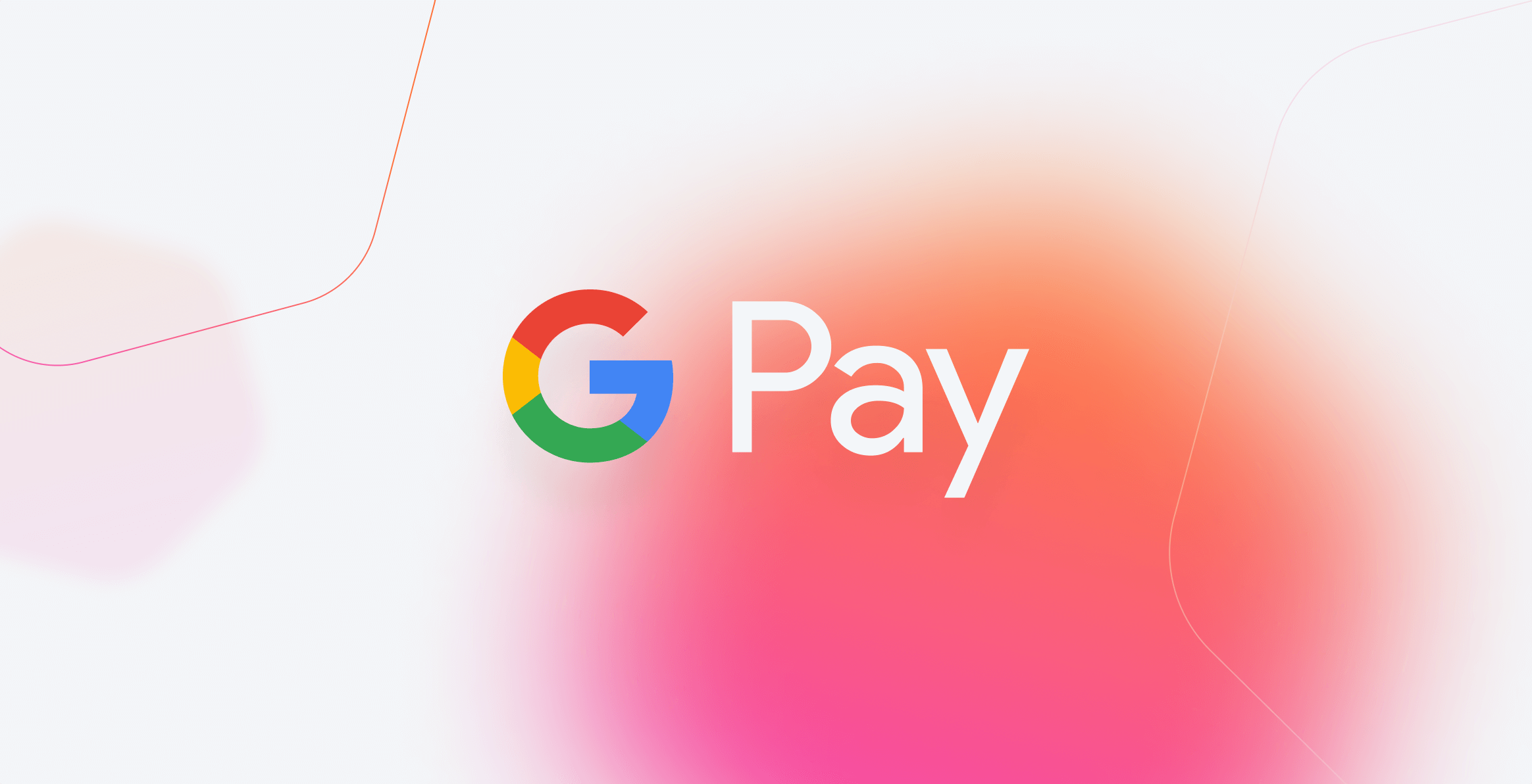The moral aspect of using Google Pay in the casino industry

The use of digital payment methods has revolutionized the online gambling industry, making transactions faster, safer, and more convenient. Among these methods, Google Pay has become the preferred option for many players due to its ease of use and strong security features. However, its integration into the casino industry raises ethical concerns regarding responsible gaming, financial transparency, and consumer protection.
Accessibility and Risks of Gambling Addiction
One of the main ethical concerns surrounding the use of Google Pay in the casino industry is the ease of access to gambling. The ease of depositing funds with just a few taps can lead to impulsive spending, increasing the risk of gambling addiction. Unlike traditional banking methods, which may require additional verification steps, Google Pay transactions are processed almost instantly, leaving little room for thought before making a deposit. This raises the question of whether financial technology companies should take greater responsibility in preventing compulsive gambling.
Transparency and consumer protection
Google Pay is widely considered a safe and transparent payment method, but its integration with online casinos can create ethical dilemmas regarding consumer protection. Many players may not fully understand the terms of transactions made through digital wallets, potentially leading to disputes over unauthorized or unintentional spending. In addition, some online casinos operate in jurisdictions with weak regulatory oversight, raising concerns about fair play and the ethical use of player funds. Ensuring that Google Pay transactions remain transparent and that players receive proper information about their financial activities is a critical ethical issue.
Underage Gambling and Payment Security
Another ethical concern is the ability of minors to gamble using digital payment methods such as Google Pay. While casinos have implemented age verification processes, younger users can still find ways to circumvent the restrictions, especially when using joint or family accounts. Google Pay itself does not inherently verify a user’s age when making transactions, placing the onus of responsibility on gaming platforms. There are ethical concerns about whether digital payment providers should implement additional safeguards to prevent minors from engaging in online gambling.
Financial Responsibility and Self-Control
The ease of making deposits via Google Pay can challenge a player’s ability to maintain financial responsibility. Unlike traditional payment methods, where the act of physically withdrawing money or entering card details creates a psychological barrier, the seamless nature of Google Pay eliminates these friction points. This can lead to situations where players overspend without realizing the financial consequences until it is too late. The ethical debate here revolves around whether Google Pay should implement spending limits or warning mechanisms for gambling-related transactions.
Regulation and Ethical Business Practices
The role of regulators in overseeing the use of Google Pay in the casino industry is another moral aspect that deserves discussion. While many licensed casinos adhere to strict regulatory requirements, some offshore operators use digital payment solutions to circumvent local gambling restrictions. This raises ethical concerns about Google Pay’s responsibility to ensure that its services are not used by illegal or unregulated gambling platforms. Stronger oversight and cooperation with financial regulators could help mitigate these risks and promote ethical business practices.
Balancing convenience and ethical responsibility
Ultimately, the ethical debate surrounding Google Pay in the casino industry revolves around the balance between convenience and moral responsibility. While the service offers undeniable benefits: https://techclient.com/benefits-of-using-google-pay-when-gambling-online/ , such as security and efficiency, it also presents risks related to dependency, transparency, and consumer protection. The challenge is to implement ethical safeguards without limiting user autonomy or stifling innovation in digital payments. In the future, collaboration between financial service providers, regulators, and gambling operators will be key to ensuring a responsible and ethically sound approach to Google Pay’s role in online casinos.
- La popolarità dei casinò a tema in Italia
- I casinò rimuovono i giochi impopolari?
- Comprendere il gioco attraverso le tendenze del settore dei casinò
- Le star dell’NBA e il loro legame con i casinò online
- L'Ingresso dei casinò online Italiani nel mercato globale





